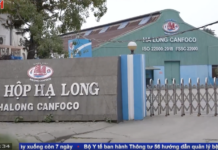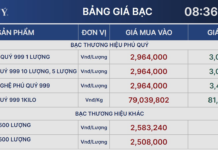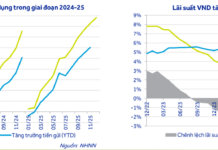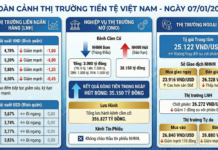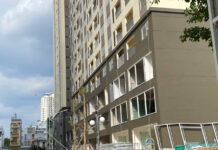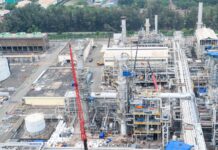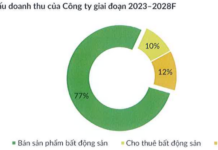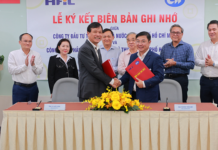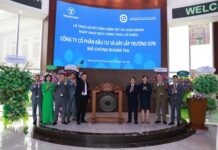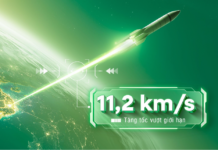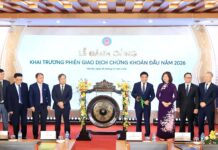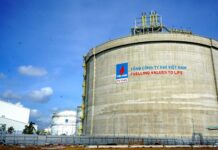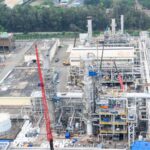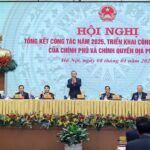The strategic position of the Mekong Delta
The Mekong Delta is located in the key economic region in the south of Vietnam, including 13 provinces and centrally-run cities: Can Tho City, An Giang, Dong Thap, Long An, Tien Giang, Vinh Long, Ben Tre, Tra Vinh, Soc Trang, Hau Giang, Bac Lieu, Ca Mau, and Kien Giang. The total area of the region is about 40.6 thousand km2, with a population of approximately 17.5 million people, accounting for nearly 18% of the country’s population.
The Mekong Delta is one of the largest and most productive deltas in Southeast Asia and the world. It is a major region for food production and tropical fruits in Vietnam. The region contributes about 50% of rice production, 95% of rice exports, nearly 65% of aquaculture production, 60% of fish exports, and almost 70% of the country’s fruits.
The Mekong Delta plays a crucial role in the economic, cultural, social, environmental, defense, security, and diplomatic aspects of the country. It is an important region for the development and cooperation of the South and the whole country with other countries in the region and the world.
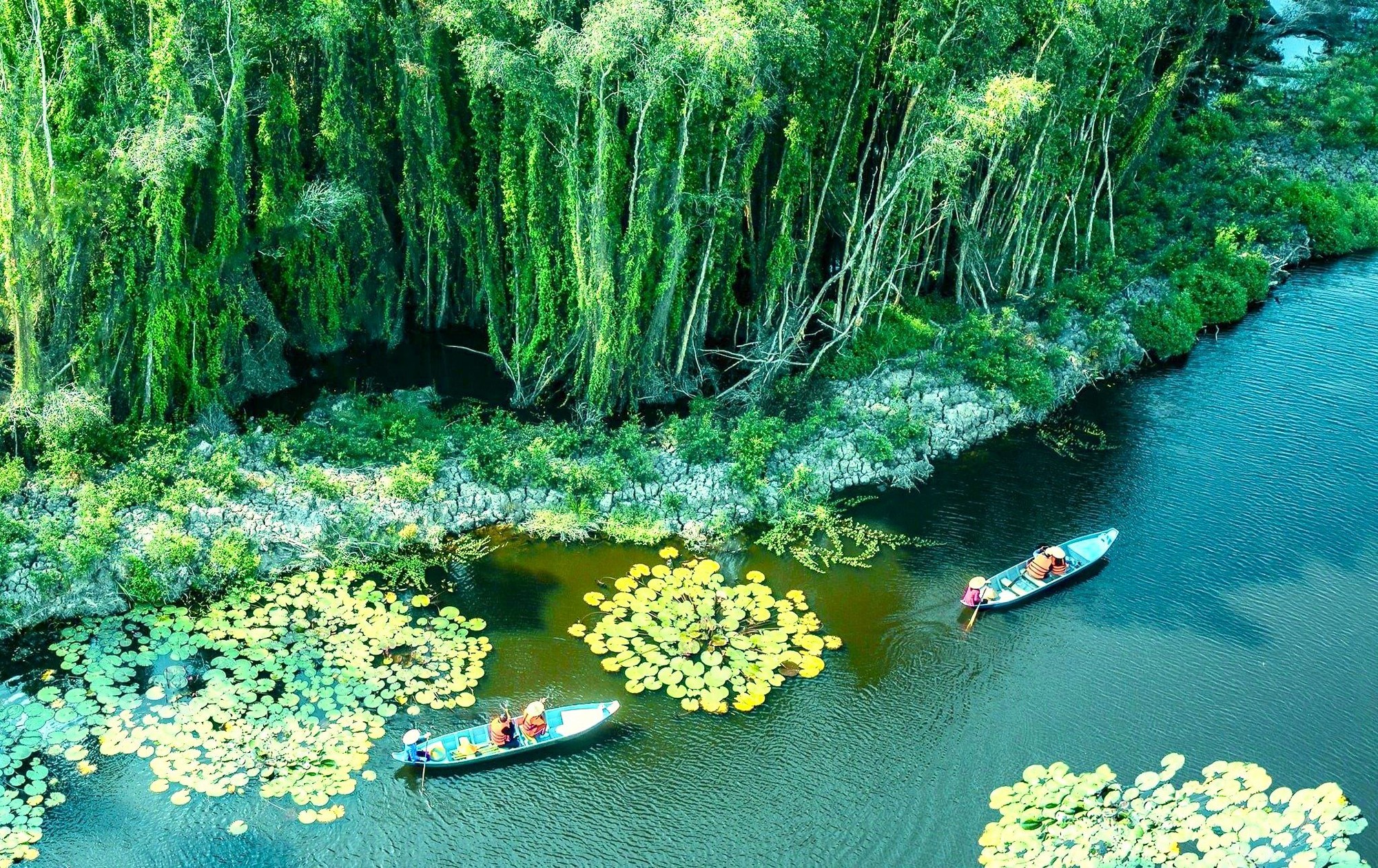
In recent years, the socio-economic situation of the Mekong Delta has achieved comprehensive results, becoming the agricultural focus of the country with many key products, especially rice, shrimp, catfish, and fruits. The economy has grown steadily with improved quality, and the economic scale has expanded.
The economic structure has undergone positive changes, many key industrial projects in the field of energy have been put into operation. The socio-economic infrastructure has been invested with various resources, contributing to the transformation of the region. Many forms of regional cooperation and collaboration have been formed…
However, the socio-economic situation of the region still faces limitations, shortcomings, and difficulties that do not correspond to its potential and advantages. The industrial sector, especially high-tech industries, is developing slowly; the number of industrial parks established is the lowest in the country; foreign direct investment attraction is still limited; science, technology, and innovation have not become driving forces for productivity increase and competitiveness enhancement in the region.
In addition, the transportation infrastructure has been slow in development, lack of synchronicity, and uneven development and connection between transportation modes. The scale and capacity of waterway transportation are much lower than the potential and advantages, and the seaport planning still has many shortcomings with no major seaport; large logistics centers have not been formed.
The region is also facing challenges such as the adverse effects of climate change, saltwater intrusion, completion of the infrastructure connecting localities in the region.
The granary of the country will become an eco-friendly agricultural economic center
Resolution 13-NQ/TW dated April 2, 2022, of the Central Committee of the Communist Party of Vietnam outlined the directions for the socio-economic development, guaranteeing national defense and security of the Mekong Delta region until 2030, with a vision to 2045. The resolution sets the target of building a modern, ecological, civilized, fast and sustainable Mekong Delta region, with a strong cultural identity; being a green-agricultural economic center, producing large, high-quality, and high-value-added goods for the nation, the region, and the world.
The development of a system of agricultural hubs, economic corridors, and dynamic urban areas, focusing on diverse services and industries, a comprehensive and climate-adaptive infrastructure system; strong development of marine economy and tourism; enhancing internal and inter-regional connectivity, domestic and international connections.
Emphasis on the development of science, technology, and innovation, improving the quality of human resources; creating a sustainable living environment, good quality of life for the people coupled with the conservation of resources and ecosystems; preserving and promoting the unique cultural identity and diversity of ethnic groups…
By 2045, the Mekong Delta will be a comprehensive, ecological, civilized, and sustainable development region with a strong cultural identity; it will have a relatively high level of development compared to the whole country; the socio-economic infrastructure will be synchronized, modern, reasonable, and climate-adaptive. The dynamic and efficient economy with a structure suitable for natural conditions, biological diversity, culture, and people; the people will have a high standard of living…
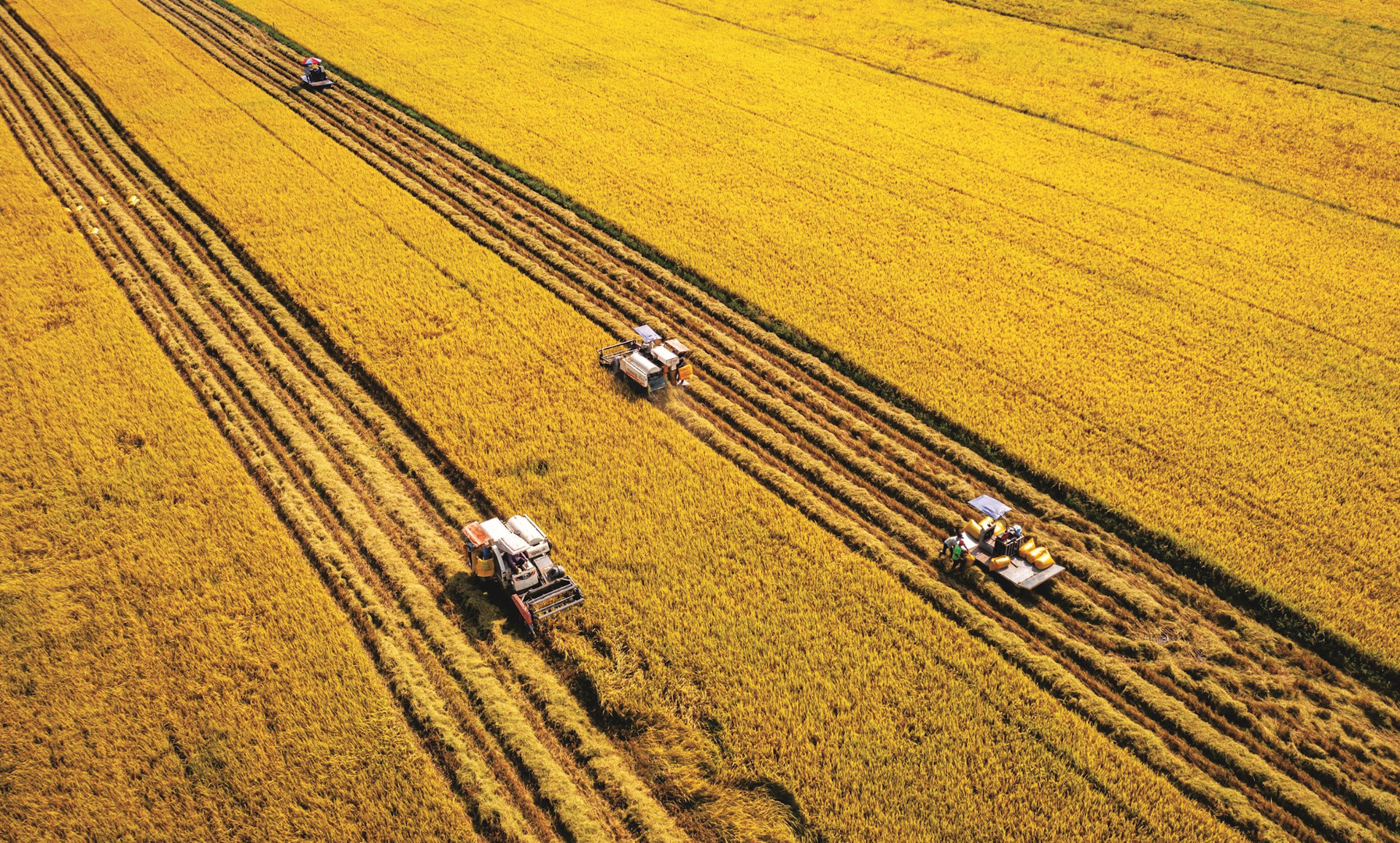
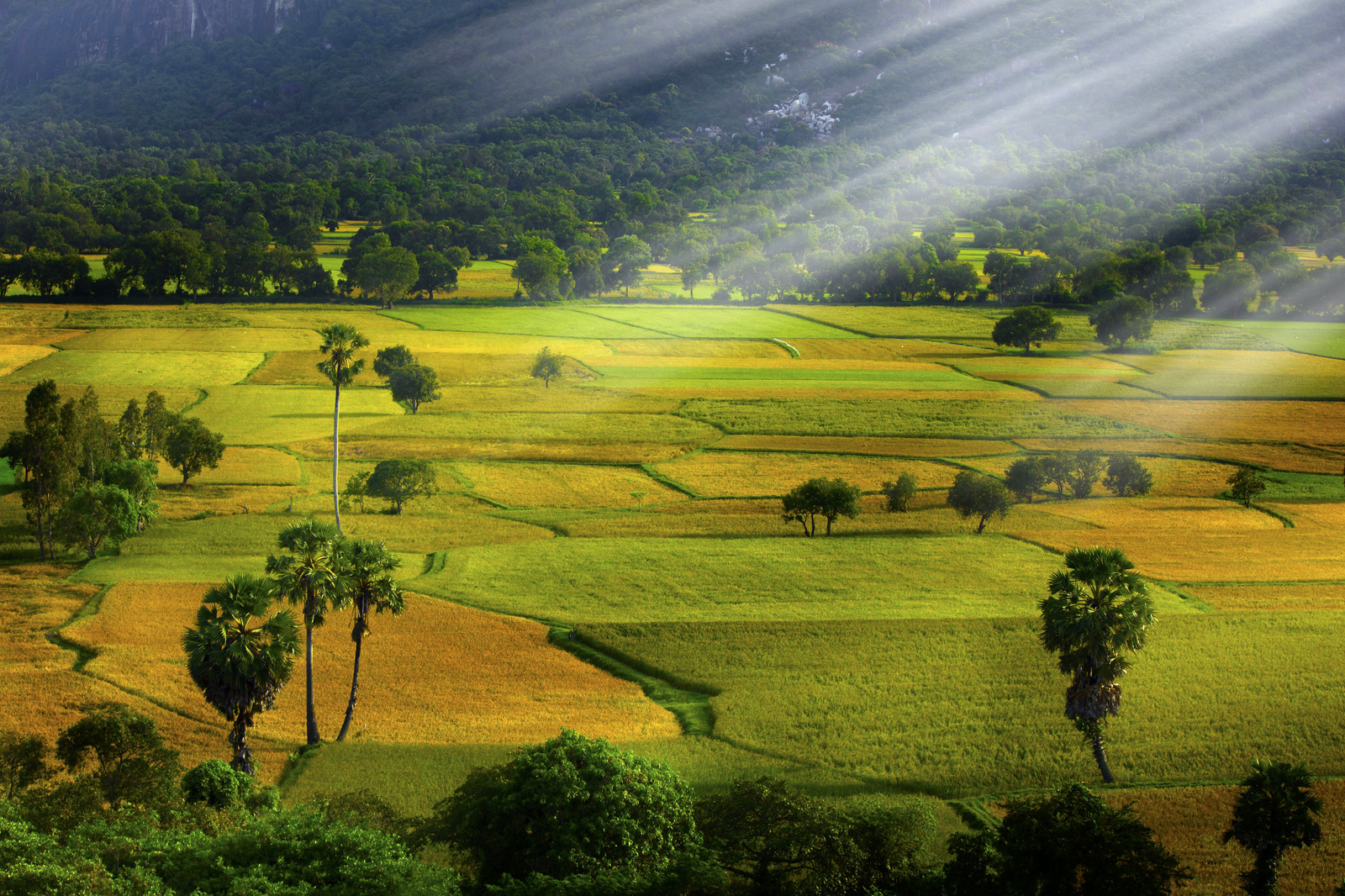
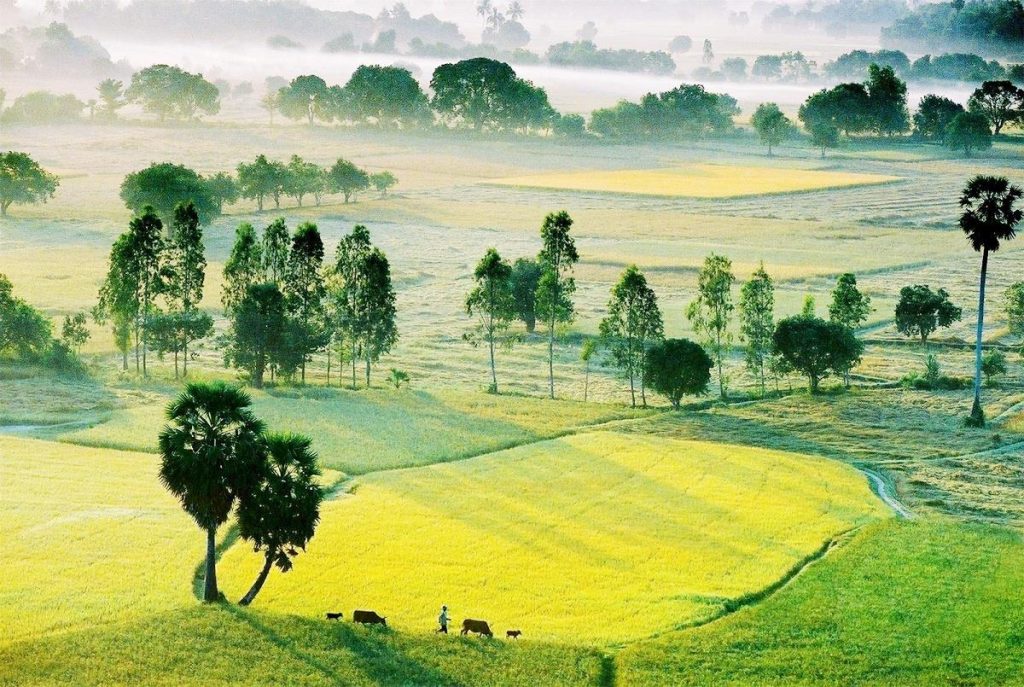
Agriculture is the most important sector for this region.
At the conference on the preparation of reports on the review, proposal for specific mechanisms, and policies on the development of the Mekong Delta region held on March 18, the localities in the region expressed high unanimity with the proposal of a common specific mechanism for the Mekong Delta region, consisting of 4 groups: Group on agriculture policies and mechanisms; Group on investment and financial policies and mechanisms; Group on climate change adaptation policies and mechanisms; Group on human resources training policies and mechanisms.
The representatives of the localities in the region also proposed additional specific mechanisms and policies related to agricultural development; logistics service development; linkage mechanisms for maritime and river economies; business development; high-quality human resource training; investment in roads passing through other territories; vocational training policies; urban development; delegation of powers for functional areas, urban areas, industrial zones; water resource policies; development of agricultural ecosystems; suitable policies for aquaculture; infrastructure investment policies in general, regional transportation connectivity; output support policies for agricultural and aquatic products…
The Ministry of Planning and Investment said it will review some groups of policies to increase the level of support for some projects in the region. Along with that, continue to improve and overcome the bottlenecks of the special mechanisms and policies for the Mekong Delta region.
The Ministry of Agriculture and Rural Development said that to achieve the target for the implementation of the project “One-million-hectare Low-carbon High-quality Rice” in the Mekong Delta, the Ministry will invest in technical infrastructure in the 12 provinces of the region (excluding Ben Tre).
The total investment capital is 375 million USD (about 9,000 billion VND), implemented from 2026 to 2031. Component 1 of the project, accounting for 350 million USD, will be used to finance necessary public infrastructure. About 25 million USD will be allocated for development and technology transfer (Component 2) and project management costs (Component 3).


